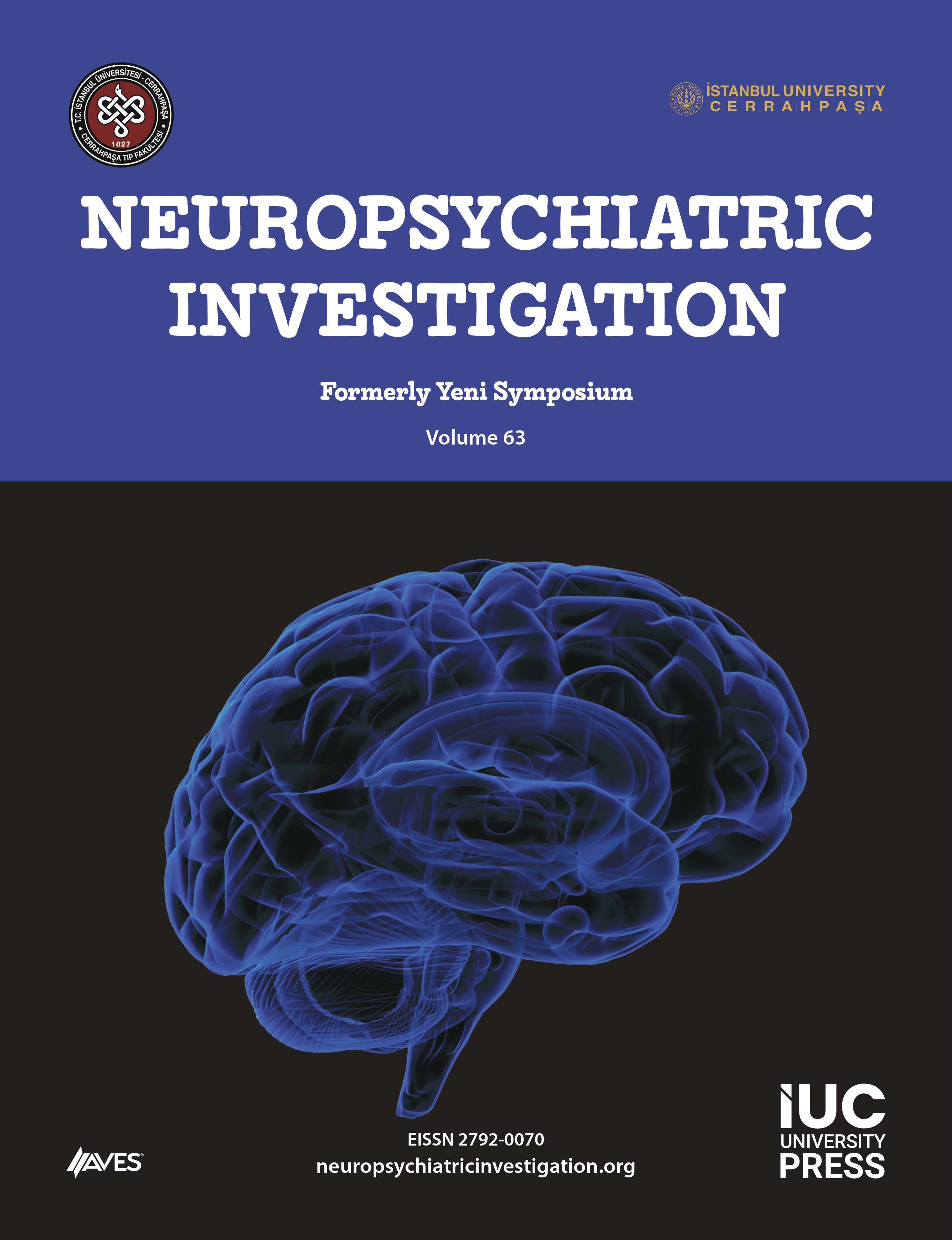Objective: Parenting during crisis times (i.e., coronavirus disease 2019) is stressful and requires some degree of prior knowledge of child development to effectively parent. The aim of this study is to compare parenting styles in the context of stress and knowledge of child development among Turkish and US parents to contribute to the cross-cultural literature on parenting during a pandemic.
Methods: Undergraduate psychology students were recruited from 2 partner universities in Turkiye and the United States who interviewed close contacts about parenting strategies. Participating students received interview training, using the following research tools: Parental Stress Scale, Parenting Styles and Dimensions Questionnaire—Short Version, and Parental Survey. The final sample included 240 interviewed parents [80% mothers; n=136 (Turkiye), n=104 (United States)], raising children between 3 and 13 years old (Mchild age=8.12, SD=1.39, 44.58% female).
Results: Parents showed moderately high levels of stress, with no significant cultural differences. Parental distress was predicted by contextual variables (sociopolitical, economic, and internal), and US parents felt more overwhelmed in their parental responsibilities (sociopolitical), while Turkish parents saw their children as a financial burden (economic), limiting their life choices (internal).
Conclusion: Stress increased ineffective (authoritarian and permissive) parenting, while lack of prior knowledge of child development suggested authoritarian parenting. Less stress and more prior knowledge of child development significantly impacted effective (authoritative) parenting. Data highlight the need to develop crisis-informed, culturally sensitive training programs that build family function and resilience, viewing parenting as a dynamic process subject to sociocultural change.
Cite this article as: Günay Aksoy S, Yüksel P. Surveying cross-cultural parenting styles during COVID-19 within turkish and US parents in the context of stress and prior knowledge of child development. Neuropsychiatr Invest. 2023;61(3):96-102.




.png)